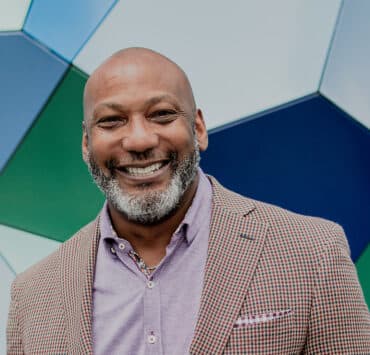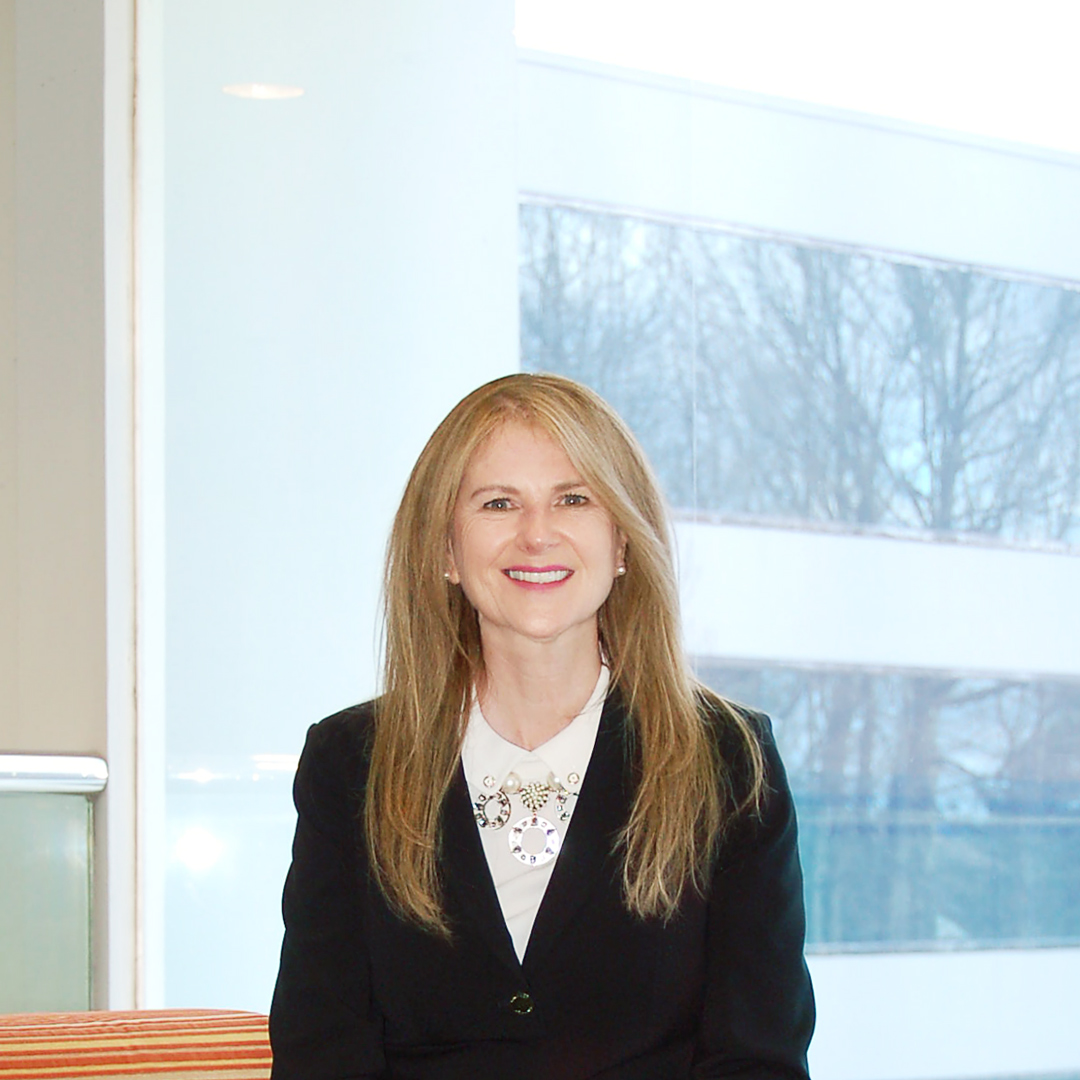|
Getting your Trinity Audio player ready... |
“You’ve read Hillbilly Elegy, right?” asks John Wilkinson. “That’s the world I grew up in, although we had a different side of the story, shall we say.”
Wilkinson reflects on his childhood in Middletown, Ohio, where he came of age as the son of an electrician and a school nurse. He clocked in about a decade as an electrical contractor himself before finding his way to accounting, facilities management, and, eventually, higher education. Most recently, he served as vice president for finance and CFO at Tusculum University, a private Presbyterian university in eastern Tennessee.

Despite a career that started off in what looks like a wildly different place and profession, Wilkinson feels that he learned some of his most important—and most universal—life lessons in the very beginning.
“Electrical work requires a mathematical mind,” he explains. “If this whole circuit’s not working? You need to investigate why, start by checking out all of the lightbulbs because it could be one of them that shorted out. Then, let’s pull different light fixtures out and switches and plugs—try to isolate it. You have to do that in finance, too. You think like be a detective. In accounting work, we always laugh about trying to find that last dime when you’re trying to reconcile your accounts. We spend ten dollars trying to find ten cents.”
Wilkinson’s brain is—to borrow a term from electrical work—hardwired to think this way. When speaking to him, he’s constantly drawing connections between each arc of his career and pointing out the similarities between every one of his occupations. It may be because his work as an accountant sprung from his father’s work as an electrician. While recovering from a disabling injury at ARMCO/AK Steel, his father passed on the bookkeeping of his family’s finances to a young Wilkinson.
“The best place to start is where you are.”
“I was a teenager, and he just got fed up with doing it,” he remembers. “I was working on some homework, and he handed me his checkbook and his books and said, ‘You’re good with numbers and you’re your mom’s favorite. So here you go.’ It was one of those defining moments that started my journey.”
But what began as a necessity evolved into a passion as the director of facilities at a hotel where his father had done some work, Wilkinson started learning the ropes of accounting from a professional standpoint.
“The director of facilities at this company was very much a partner to the general manager,” he says. “So, the company taught me about profit and loss. Facilities can be a big, black hole that you can throw a lot of money into if you don’t know what you’re doing.”
Wilkinson moved from the hospitality industry to education when his wife, then a schoolteacher and Title 1 reading specialist in Cincinnati, Ohio, encountered her own challenges with facilities.
“They always stuck the reading specialists or Title 1 teachers in closets or the back part a gym,” Wilkinson says. “From a facilities standpoint, that’s ridiculous. You have the most sensitive kids and students with learning disabilities, and you’re sticking them in a void. One place that my wife had to teach was literally a closet.”
In an effort to aid his wife’s work situation, Wilkinson had a lot of conversations with her school’s principal about space improvements, which led to a recommendation as a business manager for a school district. An internship with their CFO soon followed before he landed his own CFO position at the nearby Three Rivers school district. Wilkinson once again chalks up his success to his experiences as a child.
“I understood Ohio public school funding and finance,” he says. “Part of that is because my mom was a school nurse. I’m used to that rise and fall that they always have in Ohio public schools because they’re funded mostly from the property taxes of the people who live in the school district. You have to be very good at selling your school district to your community.”
“Doing electrical work requires a mathematical mind. If this whole circuit’s not working? You need to investigate why, start by taking out all of the lightbulbs because it could be just one of them that shorted out.”
According to Wilkinson, another element of financial success in education—whether in K12 or the work in higher ed he conducted at Tusculum—is developing multiple revenue streams, even if it’s a concept that some people are reluctant to apply to schools.
“At Three Rivers, we had a very vocal anti-tax group,” he says. They couldn’t understand why the parochial schools in the area charged tuition but also did an excellent job fundraising. But we could do the same thing. They just couldn’t understand that, even as a public school, you’re a charity, actually. You can fundraise.” To prove it, Wilkinson hired the district’s first director of development to help bring more financial stability. “If you’re not out developing partnerships, seeking grants, and doing research, you’re not going to survive,” he continues. “It’s just like any corporation.”
Hotels, gymnasiums, classrooms, conference rooms—they all have similar wiring. And in John Wilkinson’s eyes, being in one place doesn’t qualify to bridge another.
“There are days where I sit here and say, ‘How does an electrician get to here?’” he posits. “But the best place to start is where you are.”

